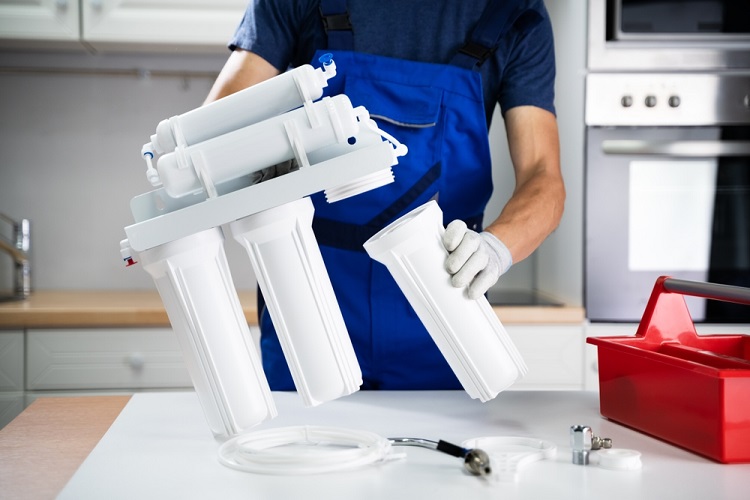Water is the essence of life, and ensuring its purity and safety is a global concern. In recent years, nanotechnology has emerged as a groundbreaking solution to revolutionize water purification processes.
Nanotechnology is changing the game in water treatment with the ability to address microscopic impurities. This article explores the fascinating world of nanotechnology in water purification and its significant impact on ensuring clean and safe water for all.
Table of Contents
The Power of Nanotechnology
Nanotechnology, including the innovative solutions offered by https://aquaanalytic.ae/, involves manipulating and engineering materials at the nanoscale, where one nanometer equals one billionth of a meter. At this tiny scale, materials exhibit unique properties and behaviors.
These properties are harnessed to create advanced filtration and purification systems that effectively remove water contaminants. Nanotechnology’s ability to address contaminants at the molecular level holds immense promise in revolutionizing water treatment processes and ensuring the delivery of clean and safe water.
One of the key advantages of nanotechnology in water purification is its ability to target contaminants at the molecular level. Even the smallest impurities, such as viruses, bacteria, heavy metals, and organic pollutants, can be efficiently removed or deactivated.
Applications of Nanotechnology in Water Purification
Nanotechnology is versatile and can be applied to various water purification methods. Here are some notable applications:
- Nano-Filtration: Nano-filters use membranes with nanoscale pores to separate impurities from water. These filters can efficiently remove contaminants while allowing water molecules to pass through. This technology is especially effective in desalination and the removal of heavy metals.
- Nanoparticles: Nanoparticles, such as silver nanoparticles, have antimicrobial properties. They can disinfect water by deactivating bacteria and viruses when incorporated into water treatment systems. This approach is particularly useful in ensuring safe drinking water.
- Nanocomposites: Nanocomposite materials are designed by combining nanoparticles with other materials. These materials can adsorb and remove pollutants like organic compounds and dyes from water. They are highly efficient and offer a sustainable solution for wastewater treatment.
- Nano-membranes: Nanotechnology has led to the development of advanced nano-membranes with improved permeability and selectivity. These membranes are used in processes like reverse osmosis, where they effectively remove salts and other contaminants from water, making them suitable for various applications.
Benefits of Nanotechnology in Water Purification
The adoption of nanotechnology in water purification brings several significant benefits:
- Enhanced Efficiency: Nanotechnology-based systems can achieve higher contaminant removal rates with lower energy consumption than traditional methods.
- Improved Water Quality: The ability to target microscopic impurities ensures that water treated with nanotechnology meets the highest quality standards.
- Sustainability: Nanotechnology allows for development of eco-friendly water treatment solutions that minimize waste and chemical usage.
- Compact Design: Nano-based systems are often more compact, making them suitable for decentralized water treatment, including in remote areas.
- Reduced Maintenance: Nanotechnology-based systems are less prone to fouling and scaling, reducing the frequency and cost of maintenance.
Challenges and Future Outlook
While nanotechnology holds immense promise in water purification, it also presents challenges such as cost, scalability, and the potential release of nanomaterials into the environment. Researchers and industry experts continue to work on addressing these challenges to ensure the widespread adoption of nanotechnology in water treatment.
The future of water purification undoubtedly lies in the innovative application of nanotechnology. As technology advances and becomes more accessible, nanotechnology-based water treatment solutions will be pivotal in providing clean and safe water to communities worldwide.
Conclusion
In conclusion, nanotechnology is ushering in a new era of water purification, where small particles greatly impact the quality and safety of our water supply. AQUAANALYTIC LLC Dubai is an authorised importer and distributor of the Evoqua Water Technologies (USA) in the United Arab Emirates that is a testament to its commitment to bringing cutting-edge nanotechnology solutions. As we continue to embrace these advancements, the vision of ensuring clean and safe water for all becomes increasingly attainable.













